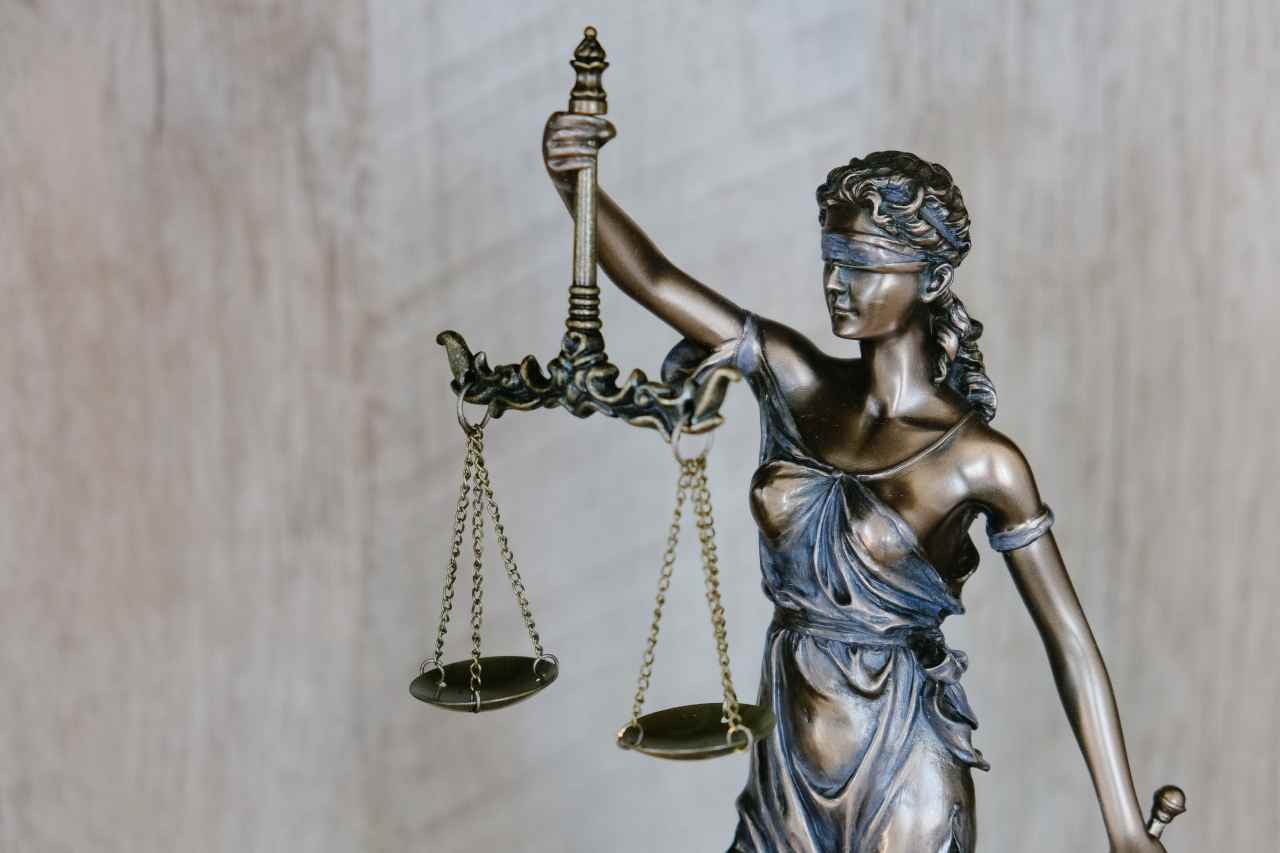In July 2021, the U.S. Court of Appeals for the 7th Circuit held in CFPB v. Consumer First Legal Group, LLC et al. that an award of $59 million in restitution and penalties for alleged unlawful mortgage relief services must be reconsidered, in pertinent part, because the U.S. Supreme Court ruling in Liu v. SEC limited equitable relief to the amount of net profits involved.
By way of review, in June 2020, the Supreme Court held that a disgorgement award that does not exceed a wrongdoer’s net profits and is awarded for victims is permissible equitable relief. Whether it is called restitution, an accounting or disgorgement, the equitable remedy that deprives wrongdoers of their net profits from unlawful activity reflects both the foundational principle that “it would be inequitable that [a wrongdoer] should make a profit out of his own wrong,” and the countervailing equitable principle that the wrongdoer should not be punished by “pay[ing] more than a fair compensation to the person wronged.”
At the time, the opinion provided ammunition to defendants and recipients of civil investigative demands to challenge the agency’s authority to obtain equitable monetary relief under Section 13(b) of the FTC Act. However, since that time, the Supreme Court went a step further and ruled in AMG v. FTC that the FTC does not possess the authority to pursue monetary relief at all in federal court pursuant to Section 13(b) of the FTC Act.
On July 20, the U.S. House of Representatives passed the Consumer Protection and Recovery Act (H.R. 2668). The bill, now being considered by the Senate, is aimed at restoring the Federal Trade Commission’s Section 13(b) consumer protection enforcement powers. The bill would add a new subsection (e) to Section 13 of the FTC Act that specifies types of equitable relief the FTC may pursue: restitution for losses, contract reformation and rescission, money refunds, and the return of property. The new subsection (e) also provides the FTC disgorgement authority to seek court orders requiring bad actors repay unjust gains acquired in violation of law. The bill would also provide that the FTC may seek temporary restraining orders and preliminary injunctions without bond and that any relief sought under Section 13(b) may be for past violations in addition to ongoing and imminent violations. While the bill provides for FTC attorneys to recover both restitution and disgorgement, the U.S. Court of Appeals for the 7th Circuit found that the two are basically the same thing and that Liu’s limitation to net profits applies to both restitution and disgorgement.
Takeaway: The FTC has shifted gears and now routinely focuses on its authority under Section 19 of the FTC Act to recover restitution and disgorgement. Section 19 authorizes consumer redress only after the FTC administratively files a cease-and-desist order and only where a reasonable person would have known under the circumstances that the conduct at issue was dishonest or fraudulent. Only after the FTC obtains a final cease-and-desist order can it bring the Section 19 claim to district court. The FTC may also seek civil penalties where a defendant violates an order or knowingly violates an existing rule.
Richard B. Newman is an Internet attorney at Hinch Newman LLP. Follow FTC defense attorney on National Law Review.
Attorney advertising. Informational purposes only. Not legal advice.




